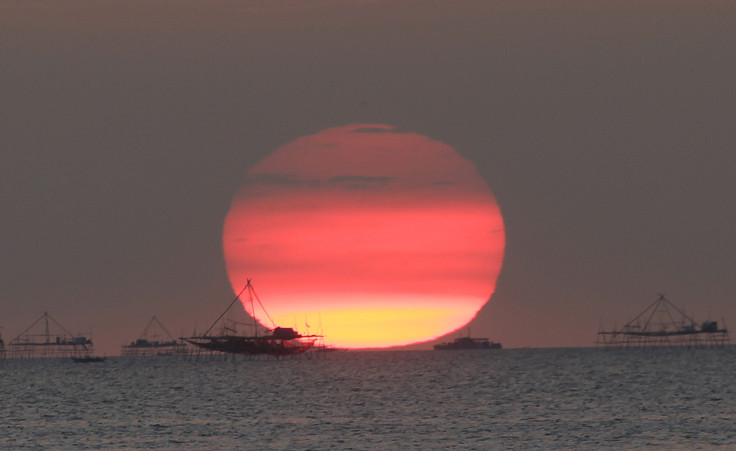Mitigating The Impact Of Climate Change On Oceans More Important Than Ever: Report

Scientists said that a more thorough understanding of the planet’s oceans is critical for the well-being of the world’s population, according to a report released Tuesday.
The collaborative report from maritime company Lloyd's Register Group Ltd, defense technology firm Qinetiq and the University of Southampton in the U.K. looked at the future of commercial shipping, a critical economic lifeline for the world; navies, a key component of global security; and ocean health. The scientists addressed the challenges caused by pollution, climate change and resource use in their study.
The report, Global Marine Technology Trends 2030 (GMTT 2030), found that overall ocean acidity has risen by 30 percent since the start of the industrial revolution and that 25 percent of atmospheric carbon dioxide is absorbed by the oceans. In addition, about 16 percent of global protein intake comes from fish, and a growing number of medicines, materials and energy sources are also ocean-based.
They caution that by 2030, there will be twice as many offshore structures, including 100 times more wind turbines than there are now, and that half of the world’s oil will come from offshore platforms.
To mitigate the severe effects of these changes, the report calls for the development of several different technologies, including advanced materials that can resist and self-repair damage in deepwater structures, and sustainable energy generation to reduce the consumption of fossil fuels and ocean pollution.
"We believe that working together, these technologies can be used to protect the ocean environment from excess exploitation and misuse as we gain a deeper understanding of the impact of human activity on the geology, meteorology and ecology of the ocean space,” Ajit Shenoi, director of the Southampton Marine and Maritime Institute, said in a press release. “We can also better protect people living in coastal areas from extreme natural forces such as hurricanes and tsunamis.”
Don Nutbeam, vice-chancellor of the University of Southampton, called it a "thought-provoking" report that "provides potential answers to some of the most-pressing global challenges facing society."
© Copyright IBTimes 2025. All rights reserved.





















